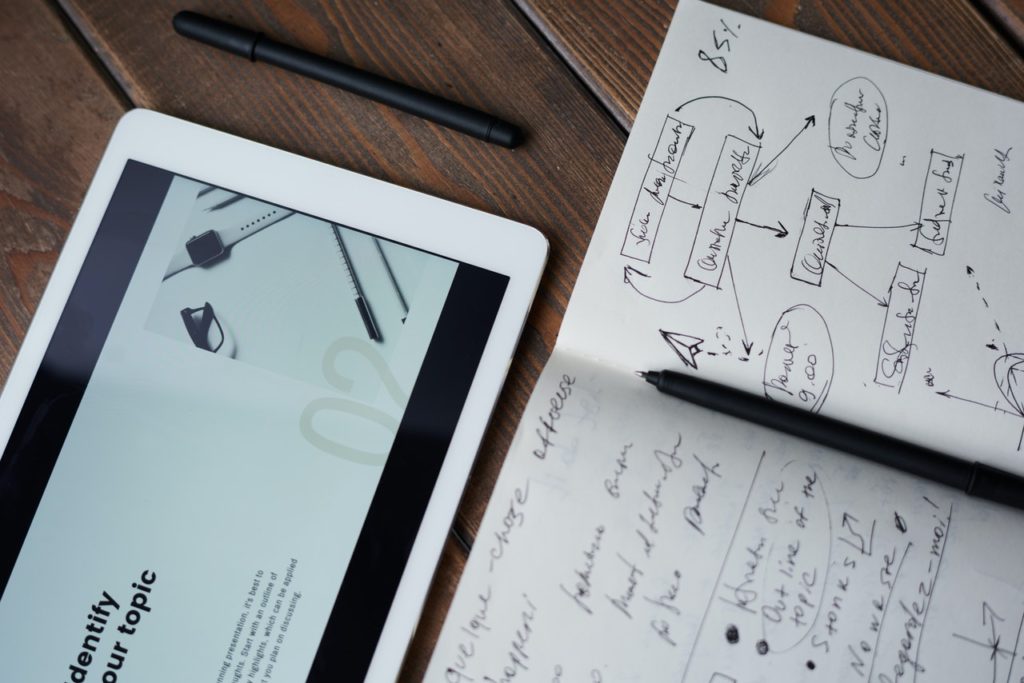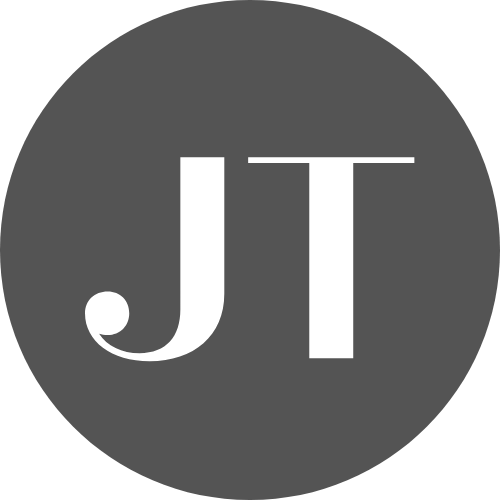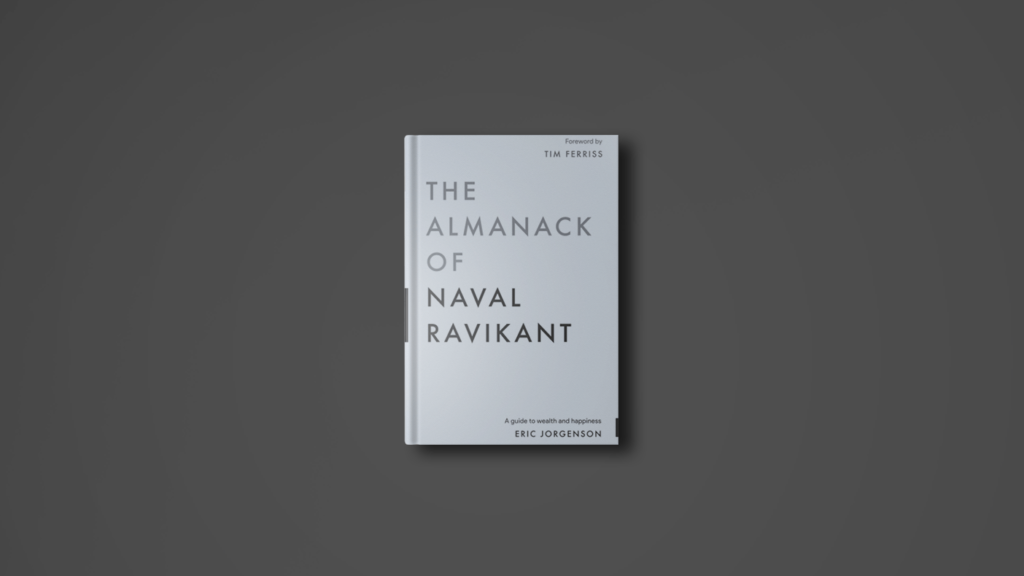How To Overcome The Paralyzing Pressure To Know Everything
Do you feel pressured to keep up with the news? To solve every problem at work? To know everything before you learn it? Or to perfect the recipe of every type of cheesecake in the world? (There are four types by the way, at least according to this Reddit)
Well, you’re not alone. And as a recovering perfectionist, I must say it can be A LOT of pressure. With the internet, even a four-year-old suddenly has the obligation to know-it-all, do-it-all, and master-it-all.
And when in doubt, just Google it right?
Yes. We’ve been blessed with an infinity pool of knowledge, right at the palm of our hands. But the price to pay is unfortunately the paralyzing pressure to achieve precision in every aspect of our lives.
The Paradox of Modern Knowledge
“The more you know, the more you realize you don’t know.”
Aristotle
We have more access to high-quality and robust information now than ever. But why is it that our day-to-day decision-making processes have only gotten harder? Some call this analysis paralysis, but I call it the paradox of knowledge.
This modern-day symptom rests on an ancient quote by Aristotle, “The more you know, the more you realize you don’t know.” That’s because more information leads to more knowledge, more knowledge leads to more questions.
Some people devote their lives to this paradox, namely those in science and research. These professionals are astonishingly successful at dissecting the unknowns. Exploring the deepest recesses of matter to the farthest reaches of space. But despite eons of research, no one scientist can concretely tell you how anything in the universe really works.
This paradox was also illustrated by the late Stephen Hawking in his pursuit of a universal equation of time and space. In his biography “The Theory of Everything”, Hawking eventually concluded on his deathbed that the only certainty is that science remains largely clueless.

Overcoming The Great Unknowns
To help ease our anxiety and imposter syndrome surrounding this matter, we’re first going to learn to overcome the fear of the unknowns. The late United States Secretary of Defense Donald Rumsfeld’s statement brought public attention to the concepts of known knowns, known unknowns, and unknown unknowns.
In essence:
- The more experience you have, the more things there are that you know you know.
- But also, the more things you know you don’t know.
- And no matter what, there will always be an infinite number of unknown unknowns.
As you’ve gained experience, reflect on it. Perhaps you now have a deeper knowledge of a particular technology or industry. There are likely things you never realized were even a consideration. But as you’ve gained knowledge, you’ve up-leveled the unknown-unknowns into known-unknowns. And this boundary between the known and the unknown is where your intelligence flourishes.
Doing this has several benefits:
- It helps keep your ego in check.
- It helps keep your curiosity and willingness to learn alive.
- And it helps you develop and respect those who have taken the time to learn more about a topic about which you’ve only scratched the surface.

A Guide to Making Better Decisions
1. Be a satisficer, not a maximizer
Economist Herman Simon coined the term “satisficer” in 1956 to describe the approach that prioritizes an adequate solution over an optimal solution.
- Satisficers lock in their choice once a set criterion is met. For example, when they find a hotel that has the few core facilities they want, they’re satisfied.
- Maximizers always want to make the best possible decision. For example, despite seeing a hotel that meets their requirements, they can’t decide until they’ve examined every other option. Oftentimes, they’re never happy with the choice they’ve made either.
Research conducted in Swarthmore College suggests that satisficers experience greater levels of happiness and well-being. In contrast, maximizers experience greater levels of regret caused by comparison and counterfactual thinking (i.e. What if I had chosen option number 2 instead?).
So, to overcome the decision anxiety caused by the knowledge paradox, it’s better to embrace the satisficer mindset.
Action Step:
When making any decision, have a shortlist of criteria you want to meet. As long as your decision meets those criteria, be satisfied and don’t look elsewhere.
2. Know less, understand more
Next, limit the amount of information you consume and approach your research with intention.
Today, there’s a virtually infinite supply of information and data to any problem. For instance, I’m tempted to have 35 different tabs of research papers open for this article. But learning from experience, that would only put me deeper in knowledge paralysis. Instead, I’d rather limit myself to fewer resources per session but study them in-depth.
This less is more approach is practiced by many prolific attorneys, professors, and many writers. Productivity author and financial executive Bob Pozen took it one step further. He starts by efficiently managing information by determining what he wants to learn from it first. Setting an “information goal” allows Pozen to get through large amounts of information without getting overwhelmed.
On top of setting an “information goal”, you would also benefit from setting a volume limit whenever doing research. For example, I limit myself to analyzing three research papers at a time. And if I came across a backlink to another resource, I’d save it into an app like Pocket to read in my next session. This prevents me from getting lost in endless analysis and squinting across multiple tabs.
Action Step:
1. Set an information-goal: Before conducting any research, think about what specific information you want to get out of the process.
2. Set a volume limit: Limit yourself to about 3-5 resources per research session.
3. Experiment with the “minimum viable decision”
The knowledge paradox can often create more uncertainty than certainty. In reality, the only way to know if our assumptions are correct is by actually taking action.
Fortunately, we can take action without having to fully commit to any given path. Software developers call this creating the “minimum viable product”. Many fast-moving start-ups know that extensive customer research isn’t enough to know exactly how your target audience will use a new product or feature. Hence, they follow the iterative approach instead of wasting time trying to release a perfect version of a product. Product teams then collect user feedback and data to identify what works and what doesn’t. Finally, they incorporate those learnings back into future iterations of the product.
This approach works wonders in overcoming the knowledge paradox because it works WITH uncertainty. So instead of finding the perfect solution, choose the “minimum viable decision”, and see what you can learn from it.
Action Step:
Embrace the iterative or experimental approach. Once you’ve made a decision, test it out and see what you can learn from the outcomes.
4. Embrace the knowledge paradox
There’s a positive payoff to the knowledge paradox despite the feeling of growing cluelessness. As we become more exposed to new thoughts, situations, cultures, ideas, and facts, we learn that there are virtually infinite ways to see the world.
We become more curious
We stop assuming there’s only one truth
We listen more intently
We learn to appreciate a different point of view
We become comfortable exploring fuzzy topics with complex answers.
Action Step:
Hold onto a learner’s mindset but also learn to be okay with not knowing.
Summary
As scientists and explorers uncover more layers of mystery, as chefs and artists innovate more ways to make cheesecakes and NFTs, we can only learn to appreciate the fact that there isn’t a definitive solution to any problem. With that, we bring previous unknowns up to a level of consciousness where we can take action. Ultimately, our level of awareness, curiosity, and desire for experimentation flourishes.




